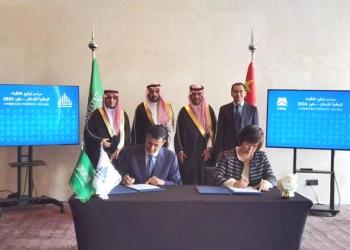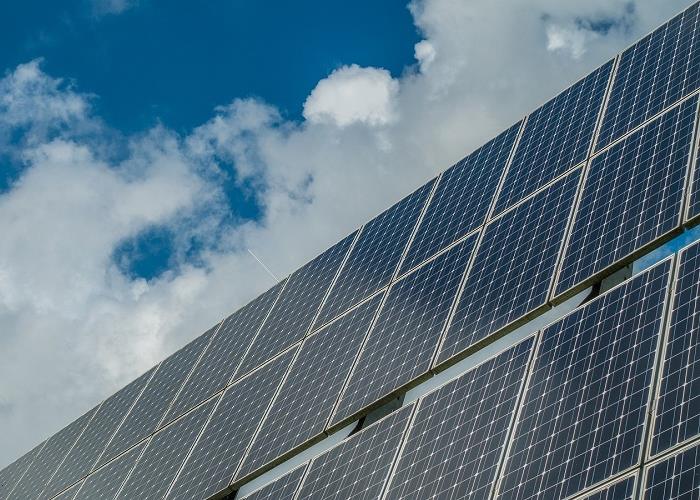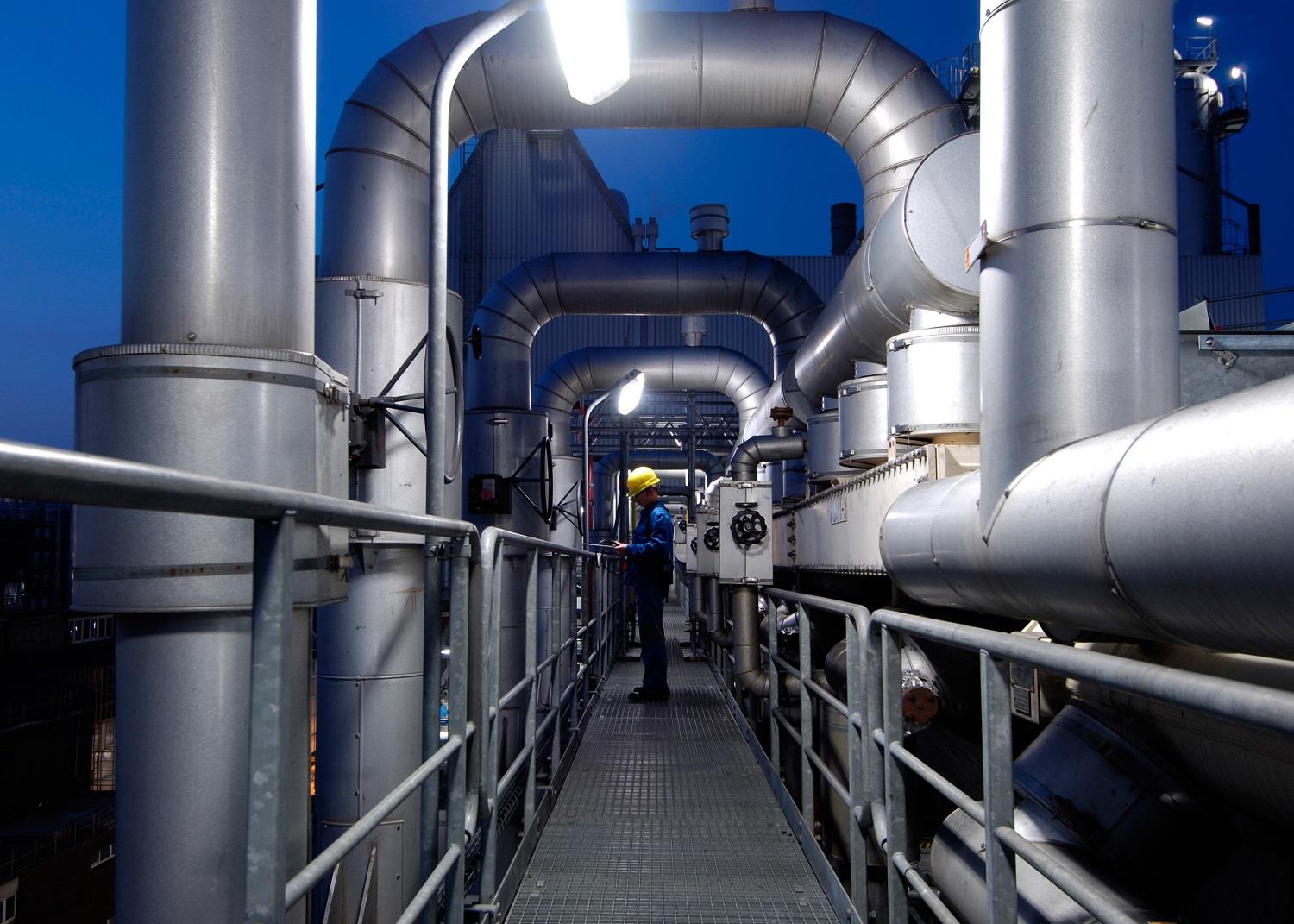

Government is changing how it procures and operates infrastructure
Saudi Arabias power and water sectors are in a vastly different position in 2016 from one year ago.?
With the oil price having declined to its lowest level in over a decade, the worlds largest exporter is having to make significant changes to how it operates and procures major infrastructure projects.
With more than $150bn worth of investment required in its power and water sectors by 2030, state utilities Saudi Electricity Company (SEC) and Saline Water Conversion Corporation (SWCC) are changing their strategy.
While the kingdom was very successful between 2005 and 2015 at implementing IPP and IWPP models for private developers to build major power and cogeneration plants, its clients have, in recent years, moved back towards traditional EPC models. The last tender SWCC launched for an IWPP project was in 2007. With the oil price above $100 a barrel Riyadh had deep coffers to fund vital utilities projects.
However?, the low oil price has completely changed Riyadhs economy, and government clients will increasingly need to turn to the private sector to reduce capital expenditure pressure on public finances.
While SWCC had been in discussions with the finance ministry about using the IWPP model for the planned Jubail 3 cogeneration plant? in the next few years, the client is apparently thinking of re-introducing the PPP model much sooner and is contemplating switching the procurement model of the altrady tendered Jeddah 4 desalination plant to an IWP model.
Moreover, SEC is planning to use the IPP model to develop its first major standalone renewables projects. The client received bids for the technical consultancy role for the initial solar and wind schemes on 15 February. ?
??The move back towards the private developer is not a surprise and is the sector for which private help can most easily be enlisted. Partnerships for healthcare and education sectors are much more difficult without an easily priced commodity to offtake.
There should be no fears over projects not going ahead. Moving back towards the private sector should benefit the kingdoms utilities sector in the long-term.
As the SWCC governor said at the recent World Future Energy Summit: all of the development will still happen, we just need to change our approach.
You might also like...

UAE firm breaks ground on Kezad food facility
17 May 2024

Chinese firm signs National Housing Company deal
17 May 2024

Two bid for 90-100MW Bahrain solar contract
17 May 2024
A MEED Subscription...
Subscribe or upgrade your current MEED.com package to support your strategic planning with the MENA region’s best source of business information. Proceed to our online shop below to find out more about the features in each package.









